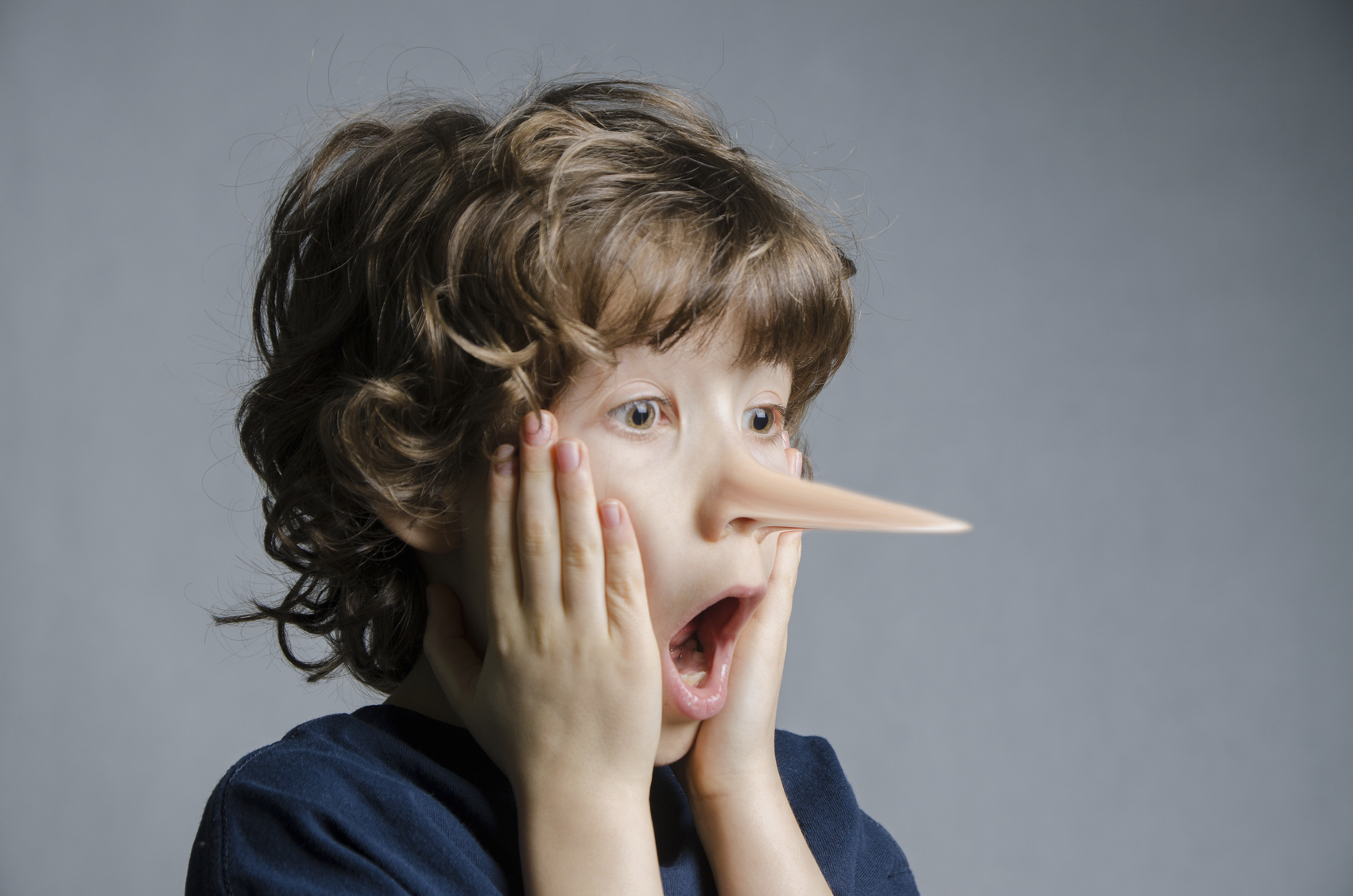
I was digging through a random junk drawer when I finally found them: the colored pens I use to keep my schedule organized. I had been looking for them for days.
I mentioned this casually to my kids: “Did you guys know these pens were in here?”
My daughter responded defensively: “I didn’t do it!”
I wasn’t really upset, so I brushed her comment aside. But then, she stomped into the kitchen, started pulling the pens out of the drawer and slamming them onto the counter.
When that was done, she burst out a scream and lunged at me, fists flying.
Inside, my anger spiked!
I was shocked and triggered.
This child has struggled with lying since she could talk. It was obvious that she hid the pens, but it wasn’t a huge deal. Why didn’t she just admit it?
Besides, shouldn’t I be the one who was angry? She took my things and for some unknown reason hid them in a random kitchen drawer!
In the 0.0025 seconds after her outburst, I mentally scrolled through at least 1,000 consequences for her actions.
 But, I didn’t act on my anger.
But, I didn’t act on my anger.
Instead, I paused.
I stood there silently.
And then, as quickly as it came, her anger melted. She started to cry. She came to me for comfort and admitted that she hid the pens.
It was amazing.
This is self-regulation at work. This is years of working on honesty. Anger management. Conflict resolution.
This is time and again — though not always perfectly — responding to her with empathy and connection during times of big emotions.
Yes, her initial response was loud and aggressive. But, let’s not stop the story there!
Without any threat, bribe, punishment or force from me, she made a different choice. She regulated her own big emotions. She was able to use the teaching we have worked on in the past to make a different decision. And, she trusted me enough to show big, real, sad tears.
Here’s the thing: Your kids are not always going to be able to self-regulate like you want them to. As they get older, they will be able to choose a good choice over a not so good one, but it’s going to take time and maturity for this to become second-nature.
In the meantime, they need you to help them self-regulate, to be a strong, firm place in the midst of their emotional chaos.
In this moment, I didn’t have to help my daughter regulate. But tomorrow (or later today) she may need my help again. This is a slow process, and sometimes it’s hard to see the big picture .
But when you finally step back enough to watch your child make a good choice based on her own internal compass, it’s amazing.
The anger, frustration and desire to make a child “pay” for her behavior is gone, and you suddenly see a kid who is growing up. One who mirrors the hard work you’ve been doing with her since she was an infant.
And you’ll smile — even if they do use your special pens.
Originally published by Imperfect Families











